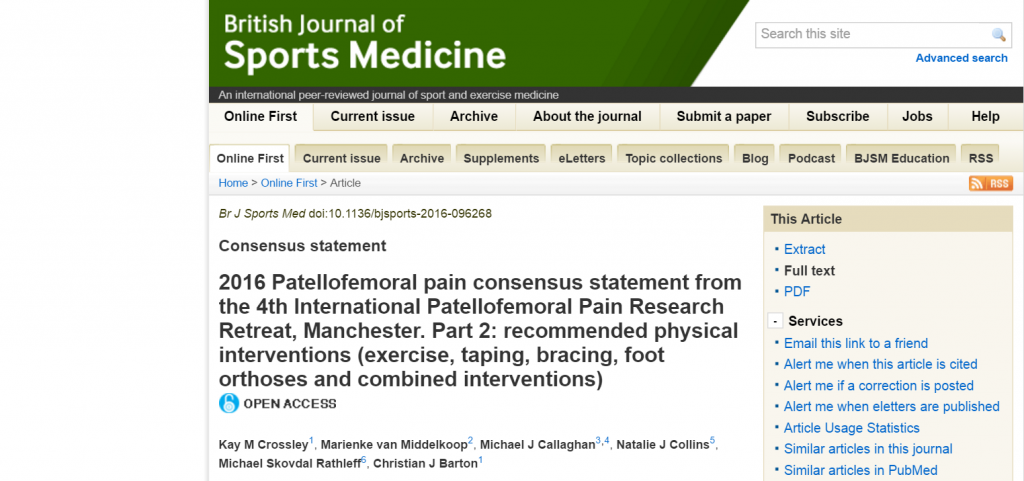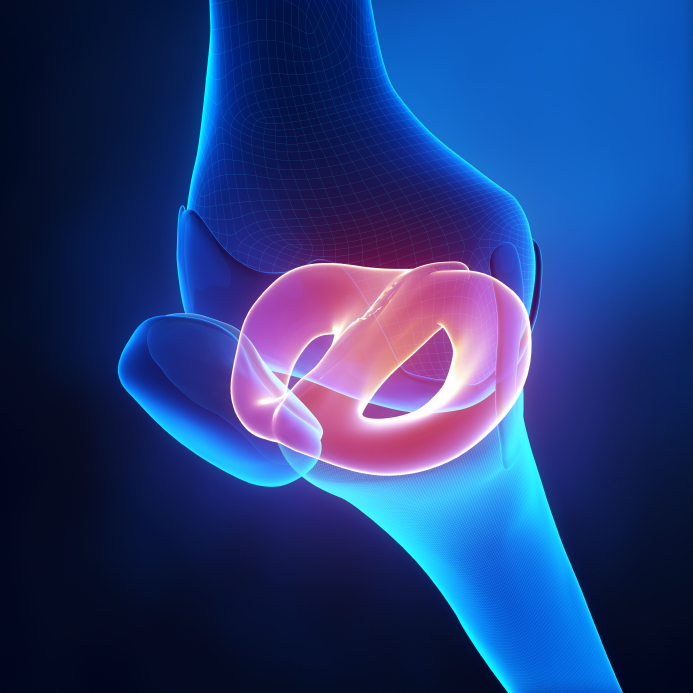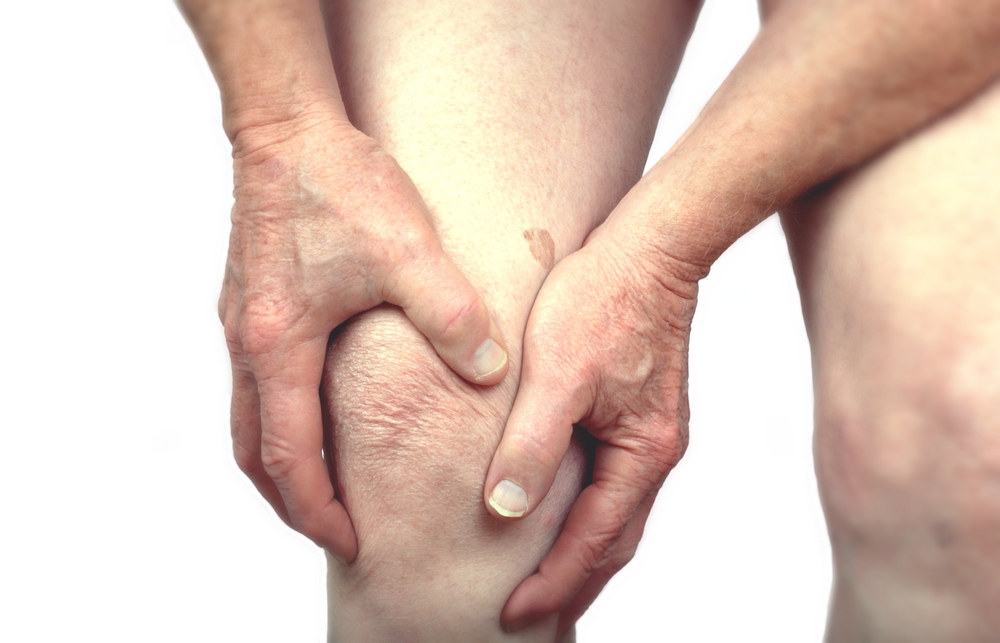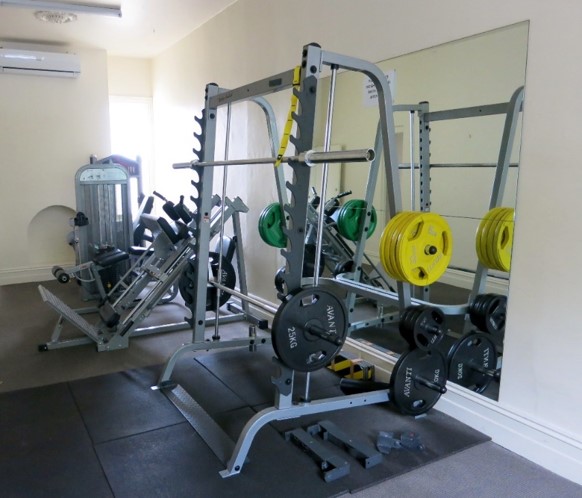


We know that development of osteoarthritis (OA) after ACL reconstruction occurs in over 50% of patients. The question is, should we inform our patients of this, and if so how should we go about this. Anecdotally, consensus is that this can be a tricky conversation, and something that may be avoided by some therapists due…read more

The patellofemoral pain research community met in July 2015 to present recent research findings and discuss the current state of the evidence. The meeting resulted in six key recommendations, based on evidence published between January 2010 and June 2015, and voting by those attending the meeting: Exercise therapy 1) Exercise is recommended to reduce…read more

Our previous blog noted the patellofemoral joint (PFJ) could be a major source of anterior knee pain following ACL reconstruction (ACLR), given the high prevalence of PFJ and tibiofemoral joint (TFJ) joint changes as early at 12 months (Culvenor et al., 2015) This month we are reviewing who may be at risk of early joint changes…read more

1. “Early rehabilitation goals – the one leg rise test”: Early patellofemoral osteoarthritis features 1 year after anterior cruciate ligament reconstruction predict symptoms and quality of life at 3 years (Culvenor, et al. 2015) Why I like it: Predictability, early identification. This study outlines features that we can be aware of early following ACLR that can predict those with worsening symptoms…read more

What is knee cap osteoarthritis? Knee cap osteoarthritis or patellofemoral joint osteoarthritis (PFJ OA) as it is known to medical professionals, is a condition which causes pain and stiffness in and around the front of the knee. It is the most common knee joint osteoarthritis. Knee cap osteoarthritis occurs during daily activities such as walking,…read more

“I don’t see myself having to need knee surgery for a very long time. I don’t think I would have ever needed surgery in the first place if it could have been managed prior with a proper exercise regime” At the age of 31, Rhys had given up on living an active life. He had undergone ten surgeries…read more